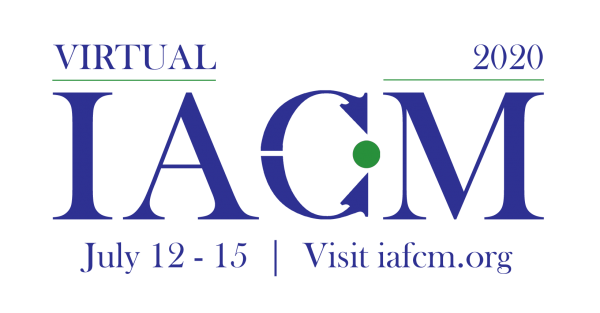Full Program »
Opening a black box: Investigating the characteristics of ambidextrous negotiation behavior
Negotiations have a determining impact on companies’ profitability. Hence, companies continuously seek novel approaches to optimize their negotiation performance. Against this backdrop, ambidextrous negotiating is a promising approach to recalibrate negotiation behavior. The concept of ambidexterity has its origins in organizational research and refers to the ability of organizations and individuals to pursue distinct activities, i.e. efficiency vs. flexibility, with equal dexterity. First studies revealed that ambidextrous negotiators reach superior outcomes. However, a clear description of ambidextrous negotiation behavior's characteristics is still missing. Therefore, this paper's objective is to investigate ambidextrous negotiating on a more fine-grained level. Our qualitative study's findings provide a detailed characterization of ambidexterity's behavioral dimensions (micro-level findings). By synthesizing overall results, we derive two forms of negotiators’ ambidexterity, intra-ambidexterity and inter-ambidexterity (macro-level findings). We contribute to the ambidexterity and negotiation literature by clarifying how negotiation professionals define ambidextrous negotiating and put it into practice.
